
下载亿题库APP
联系电话:400-660-1360

下载亿题库APP
联系电话:400-660-1360

请谨慎保管和记忆你的密码,以免泄露和丢失

请谨慎保管和记忆你的密码,以免泄露和丢失
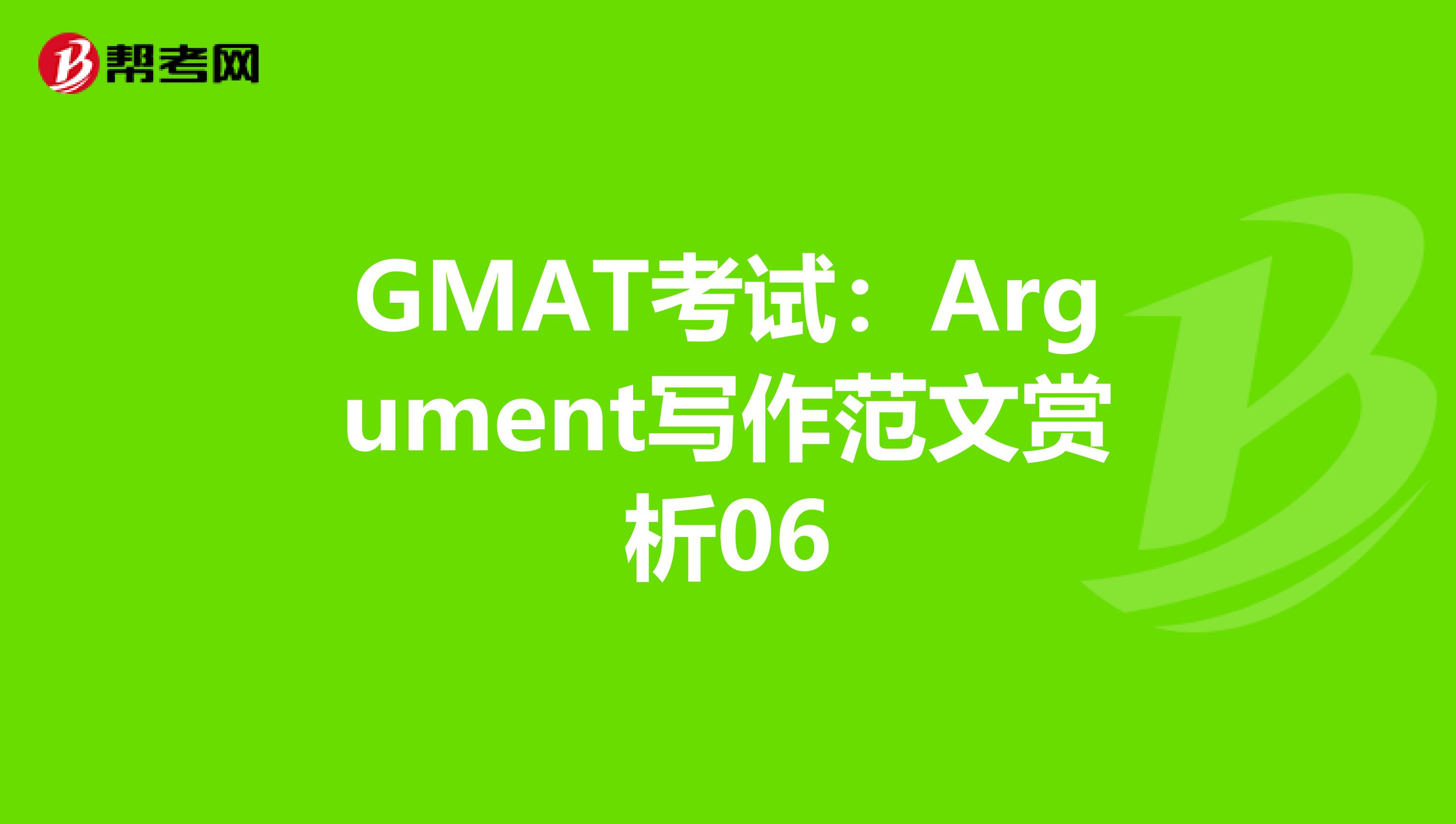
大家在备考GMAT写作考试的时候,需要准备的复习材料很多,对于计划参加GMAT考试的人来说,要想在GMAT写作考试中获取好的成绩,做适量的练习是必须的,下面就跟帮考网一起来学习一下写作范文吧。
范文一
in some countries, television and radio programs are carefully censored for offensive language and behavior. in other countries, there is little or no censorship.
answer
the censorship and regulation of broadcast media for offensive material involves a conflict between the freedom of expression and the duty of government to protect its citizenry from potential harm. i believe that our societal interest in preventing the harm that exposure to obscenity produces takes precedence over the freedoms of individual broadcasters.
firstly, i believe exposure to obscene and offensive language and behavior causes people to mimic such behavior. there is anecdotal and scientific evidence to support this contention.
secondly, i believe that obscene and offensive behavior is damaging to a society. it weakens moral character and weakens human relationships and it promotes a tendency toward immoral and antisocial behavior. these effects weaken the civil cords that hold a democratic society together.
some argue for that free speech is the basis of a democratic society. however, the founding fathers never intended the constitution to mean an unrestricted license to wanton profanity. advocates of free expression might also point out difficulties in defining "obscene" or "offensive" language or behavior. but, however difficult it may be to agree on standards, the effort is beneficial insofar as it helps to maintain the civil cords of a democratic society.
in conclusion, government should take a role in regulating speech, but only speech that is patently offensive. regulation of media may infringe on freedom of speech, but it is worthwhile if it can restrict the exposure of damaging offensive material.
范文二
the following appeared as part of an annual report sent to stockholders by olympic foods, a processor of frozen foods.
“over time, the costs of processing go down because as organizations learn how to do things better, they become more efficient. in color film processing, for example, the cost of a 3-by-5-inch print fell from 50 cents for five-day service in 1970 to 20 cents for one-day service in 1984. the same principle applies to the processing of food. and since olympic foods will soon celebrate its twenty-fifth birthday, we can expect that our long experience will enable us to minimize costs and thus maximize profits.”
answer
the author argues, using facts from the color-film processing industry\'s downward trend in cost over 24 years, that olympic foods will be able to cut costs and thus maximize profits in the future. the author bases his conclusion on the generalization that organizations learn to reduce costs over time and, since olympic foods has 25 years experience in the food processing industry, its costs should have declined considerably. there are two serious flaws in the argument.
first, the argument uses a faulty analogy between the color-film processing industry and the food processing industry. analogies drawn between the two fields are highly suspect because there are many serious differences. while the film processing industry faces a relatively simply processing challenge, food producers must contend with contamination, transportation and farm production (much more serious challenges). thus, it is likely much more difficult to wring efficiency improvements in the food industry.
second, the author uses a sweeping generalization. the author\'s prediction of margin improvements relies on the optimistic assumption that olympic foods\' 25 years of experience will automatically result in operational efficiencies. the problem with this is that improvements in processes do not occur automatically over time, they require tremendous effort at continuous improvement and they require potential room for improvement. it is possible olympic food has limited room for improvement or lacks the managerial will to improve its operations. thus, there is no guarantee of improved operational efficiency over time.
the author\'s argument has two seriously flawed assumptions. the author could strengthen his conclusion by providing examples of how the company has learned how to improve its operations over 25 years and implemented those changes.
好了,以上就是今天分享的全部内容了,各位小伙伴根据自己的情况进行查阅,希望本文对各位有所帮助,预祝各位取得满意的成绩,如需了解更多相关内容,请关注帮考网!
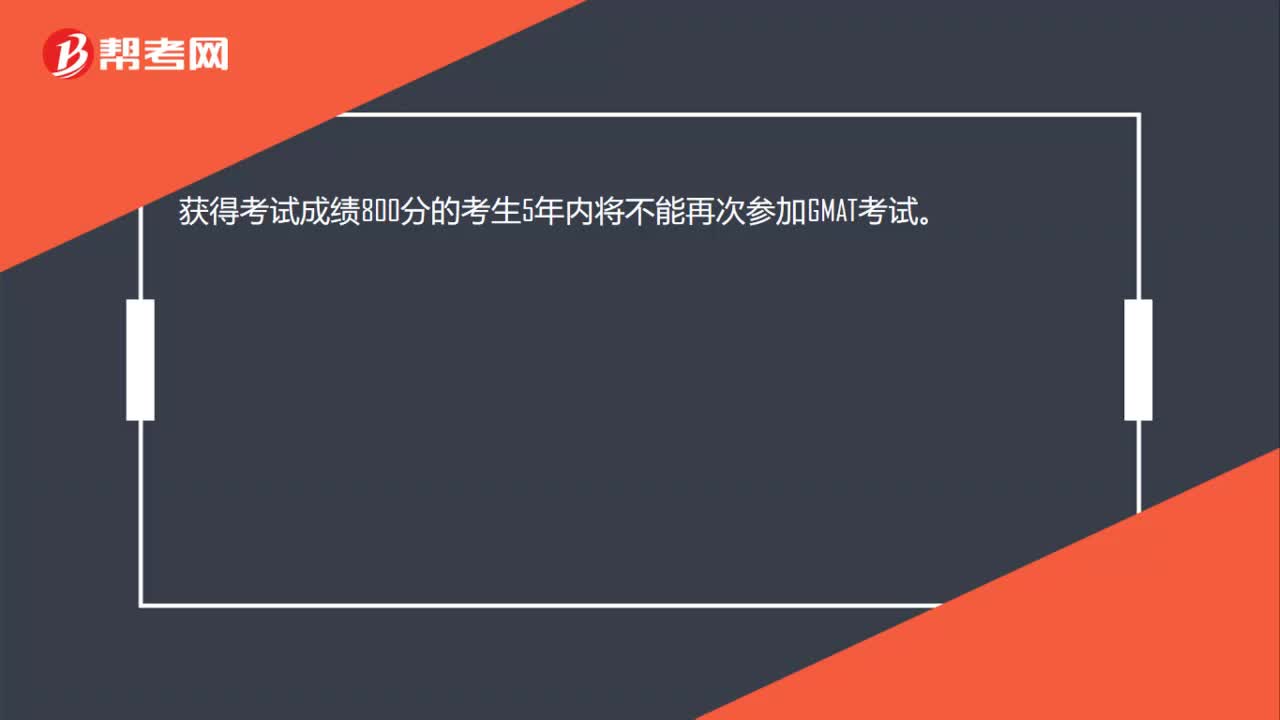 18
18什么情况下不能再次参加GMAT考试?:获得考试成绩800分的考生5年内将不能再次参加GMAT考试。
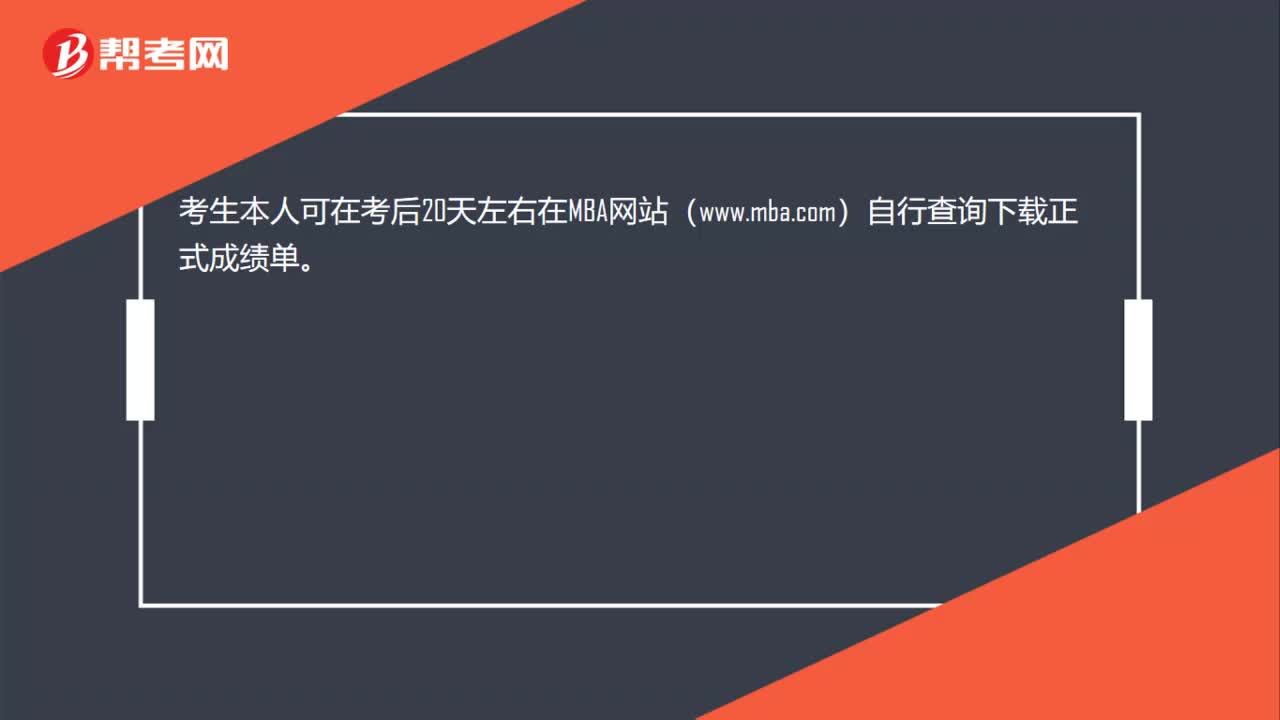 21
21如何获取GMAT考试成绩?:考生本人可在考后20天左右在MBA网站(www.mba.com)自行查询下载正式成绩单。
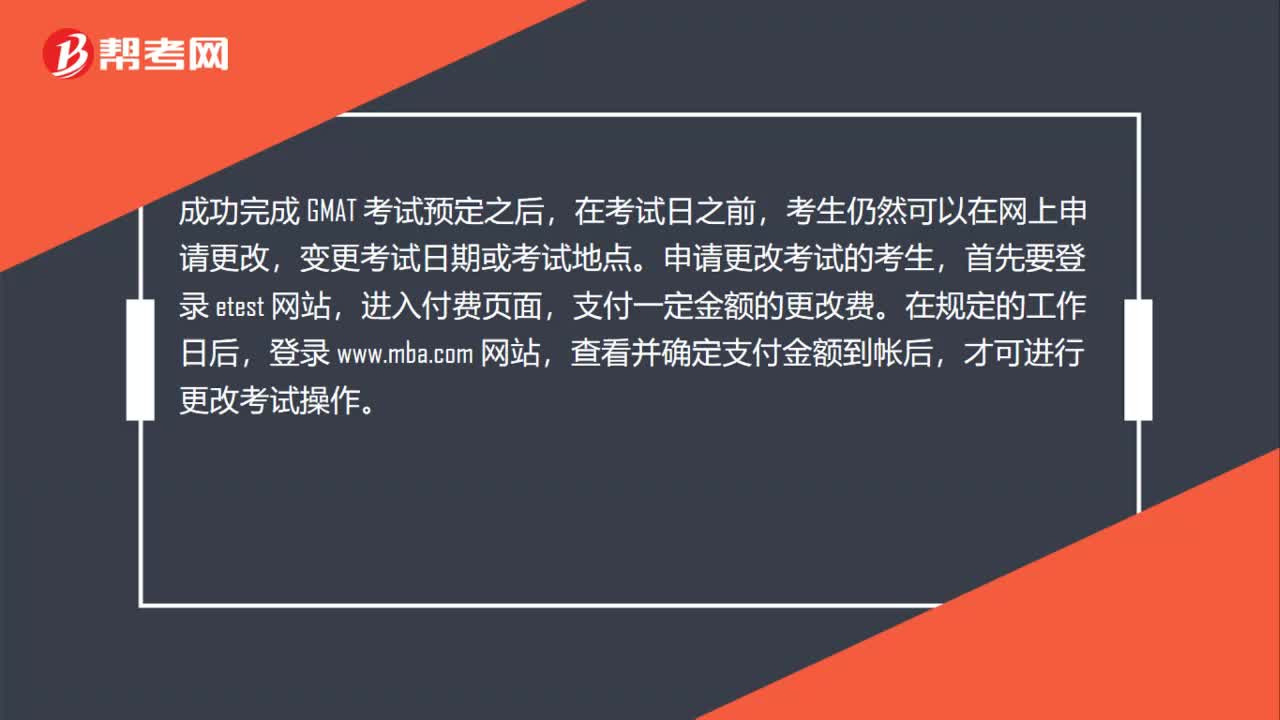 81
81如何更改或取消GMAT考试?:如何更改或取消GMAT考试?在考试日之前,考生仍然可以在网上申请更改,变更考试日期或考试地点。申请更改考试的考生,进入付费页面,支付一定金额的更改费。在规定的工作日后,查看并确定支付金额到帐后,才可进行更改考试操作。GMAT 考试允许考生取消本人先前的报名,考生可以通过网上完成退考。登录www.mba.com网站,进入选择退考的链接,选择退考。网站会向考生的邮箱发送电子邮件确认退考成功。
 00:25
00:252020-06-01
 00:18
00:182020-06-01
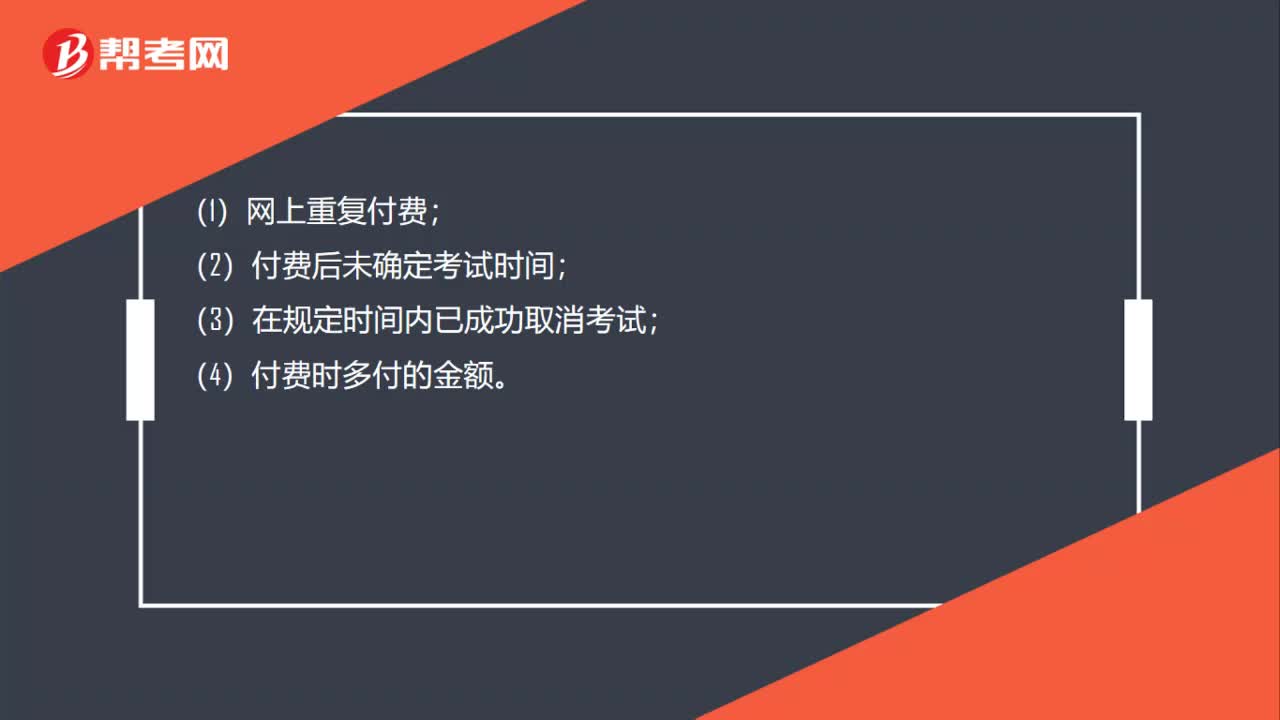 00:26
00:262020-06-01
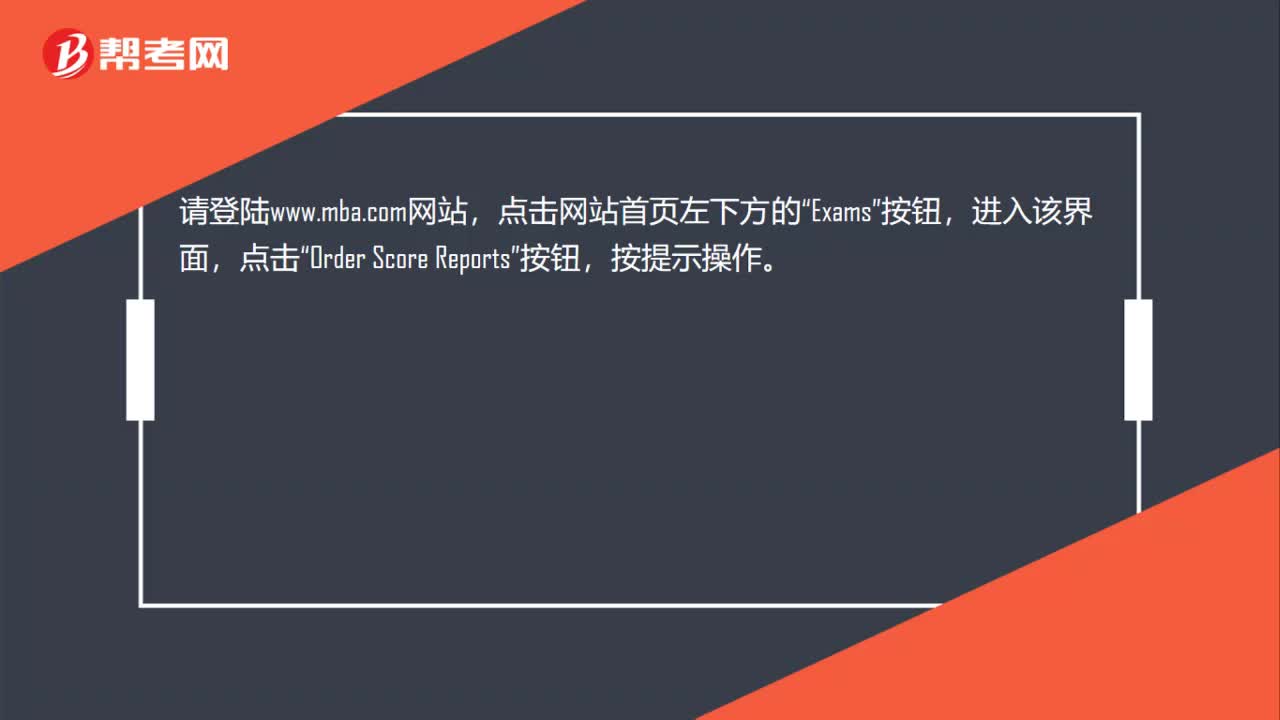 00:26
00:262020-06-01
 00:21
00:212020-06-01

微信扫码关注公众号
获取更多考试热门资料